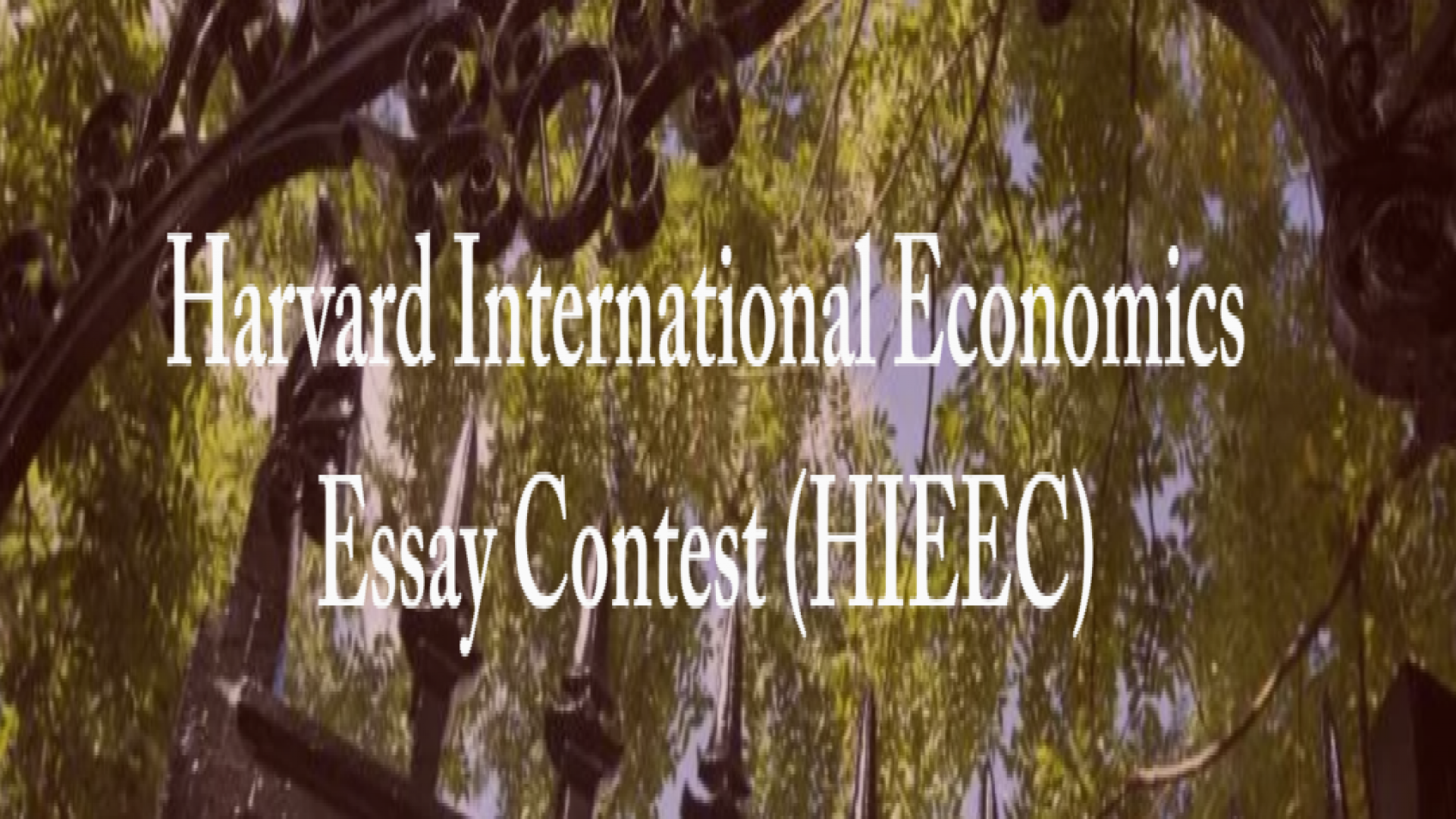前几天有位同学问了我一道很有争议的语法选择题。专四比较结构语法总结,这道题来自2019年的专四考试。如下图11题所示:
Moving from beginning to end by order of time, narration relies on a more natural pattern of organization than .
A will other types of writing
B do other types of writing
C on other types of writing
大家可以先自测一下:
<iframe scrolling="no" frameborder="0" class="vote_iframe js_editor_vote_card" data-display-style="height: 199px;" data-display-src="/cgi-bin/readtemplate?t=vote/vote-new_tmpl&__biz=MzUxNzQ0MTI5MA==&supervoteid=497982214&token=727708055⟪=zh_CN" src="/mp/newappmsgvote?action=show&__biz=MzUxNzQ0MTI5MA==&supervoteid=497982214#wechat_redirect" data-supervoteid="497982214" allowfullscreen="">
</iframe>
这道题考查的是than引导的比较状语从句。也是各大英语考试中的重点语法。narration表示记叙文,主句前的分词状语Moving from beginning to end by order of time(按照时间的顺序从头到尾)就是对narration性质的描述。在英文写作中除了narration,还有两类常见的文体就是argumentation(议论文)和exposition(说明文)。比如四六级写作,专四专八写作就是议论文,雅思图表作文就属于说明文。在理解narration意思的基础上,就不用管Moving from beginning to end by order of time这个状语信息了。通过选项我们可以发现,比较的两个对象是narration和other types of writing(其他类型的写作),也就是主句和从句的主语。这句话中发出比较的成分是宾语a pattern of organization(文章组织模式)。当比较的对象是主句和从句的主语时,than后面直接加上被比较对象+助动词(be/do)即可,其中助动词be/do在很多情况下可以省略:
narration relies on a more natural pattern of organization than other types of writing (do).
再比如:Children usually eat more junk food than adults(do).因此D选项毫无疑问是正确的。答案部分给出的正是D:但是这一题的B选项实际上也是可以的。而且单从语法上来说,B更加严谨,且在正式的书面语中出现的较多。接下来给大家分析一下:
在正式的书面语当中,为了保持句子平衡,than引导的比较状语从句可以进行倒装:将助动词be/do提前到从句主语前,此时的结构为
比如
Ambitious students are more likely to succeed than are those with little ambition.=
Ambitious students are more likely to succeed than those with little ambition are.
如果这道题这句话的do不省略的话,就可以进行这种倒装:
Narration relies on a more natural pattern of organization than do other types of writing.也就是答案B。因此这一题出的不够严谨。如果将B选项do other types of writing改为does other types of writing(不符合主谓一致),则正确选项就只能是D了。
前面讲到,助动词在很多情况下可以省略。换句话说,在有些情况下,助动词是不能省略的,否则会影响句意,造成歧义。比如下面一句话:
I love cats more than my girlfriend.
这句话就有两种理解:
①我更喜欢猫,而不是女朋友(=I love cats more than I love my girlfriend.)
②我比我女朋友更喜欢猫(I love cats more than my girlfriend does.)因此,如果不加助动词does,就会造成句意模棱两可。在这道语法题中,比较对象很明显是narration和other types of writing,不会造成歧义,因此do可加可不加。那么A和C为什么是错的呢?A当中的情态动词will属于无中生有;至于C,由于比较的两个对象形式需保持一致,on other types of writing与narration一个是介词结构,一个是名词,很明显不符。如果写成下面这样就是对的:Narration relies more on events than on arguments.记叙文更多的是依赖于事件,而不是论点。
声明:本文发布在【达文学术英语】,转载此文请保持文章完整性,并请附上文章来源【达文学术英语】及本页链接。文章链接:https://www.dawen.ink/news/view/1329


